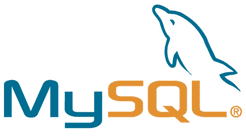» What is the best way to learn a new technology? I'm talking about the kinds that come printed like hieroglyphics on the pages of a hefty technical tome. What's the most effective way to assimilate this information? .. to master the technology .. in order to wield its Mojo. Like a Jedi does with his lightsaber.
 I read somewhere how the average programmer reads less than one technical book per year. Surprising, no?
I read somewhere how the average programmer reads less than one technical book per year. Surprising, no?
I enjoy learning about & mastering new technologies. Always have. The more powerful the better.
But you neednt read many technical books in order to understand why they're considerably more challenging than your average armchair novel.
Back in '07, after web-hacking my way thru the site for several years, I read this book on XHTML & CSS. Cover to cover.
What a difference that made! Night-n-day. Suddenly the mojo was mine. No more struggling to figure out why things werent working the way I expected.
That particular title weighed in at a respectable 650 pages. But it contained plenty of fluff. (I actually like that kind of fluff. Another big deal was learning the Unix shell .. for help with VPS server administration. Very powerful. Things that used to take hours, now take minutes.)
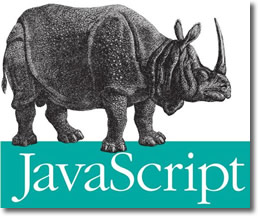 Wrestling the Rhino
Wrestling the Rhino
But those 650 pages are nothing compared to the 1100-page behemoth sitting beside me here now.
I must admit » this thing looks intimidating. Formidable. Daunting. Sometimes I swear it snorts at me.
But heft alone is not my only reason for dismay. Each page comes chock full of technical terms, unwieldy jargon that must be mastered if I am to have any hope of accessing the power it contains.
How I would *love* to upload the contents of this monster (.. into my brain) .. all in one shot. You know, like they do in the Matrix. But that option doesnt seem feasible. So .. we're left with the old, standard method » reading. Ugh.
I've been working on this Javascript book, off-n-on now, for several months. So I have plenty of experience dealing with such adversity.
This is not a mountain, I've come to understand, that cannot be surmounted by sheer enthusiasm alone. I mean, if I could stay awake for a week and power thru this thing, I would. But that aint how it works. (At least, not for me.)
In a strange, counterintuitive way, pure passion actually seems a hindrance here. Because passion brings frustration. More passion » more frustration.
I get a running start (passionate, enthusiastic) .. before heading up the Javascript hill. Only to find myself soon running out of steam .. exhausted, having made pitiful little progress.
What's required here is not so much passion or enthusiasm, but rather sustained, steady effort. Methodical focus. You know » the tortoise and the hare.
Anyway, after getting gored by the rhino a few times, I started to glean a few insights .. strategies for dealing with an intimidating 1100-page tome. So I've had to regroup and reassess my approach.

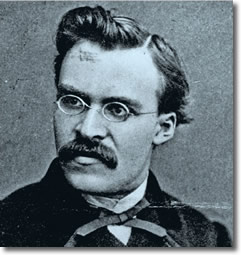
 Early last night I was wandering the
Early last night I was wandering the 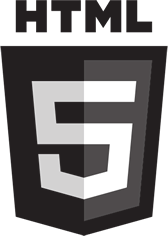

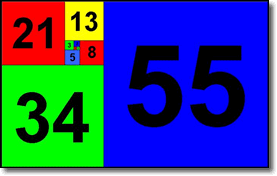 See here:
See here: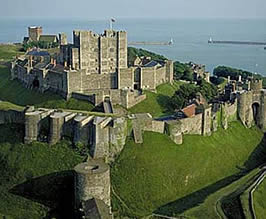 Every once in a while, I catch a glimpse of the power available in learning to wield programming languages. Very brief glimpses, cuz I am just a beginner.
Every once in a while, I catch a glimpse of the power available in learning to wield programming languages. Very brief glimpses, cuz I am just a beginner.
